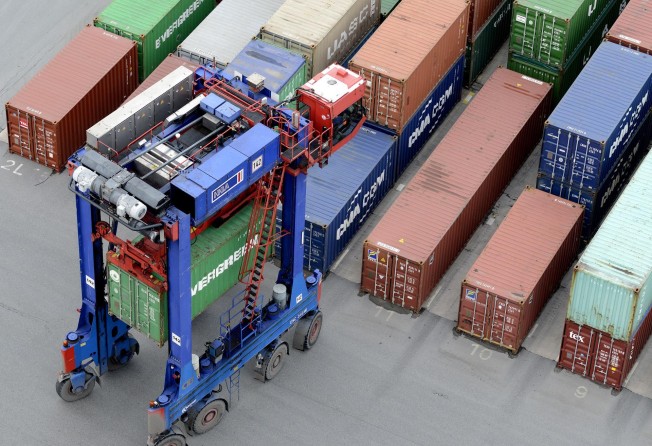Euro-zone recession finally comes to an end

The economies of Germany and France grew faster than expected in the second quarter, bettering a widely heralded expansion in the United States and pulling the euro zone out of a 1½ year recession.
The increased pace was primarily driven by renewed business and consumer spending in the 17-country bloc's two largest economies. The euro-zone economy was fragile overall, however, with some countries, notably Spain and Italy, still struggling.
European Economic and Monetary Affairs Commissioner Olli Rehn said the data released yesterday showing 0.3 per cent euro-zone growth for the three months to June meant a nascent recovery was on a more solid footing.
But he said there was no room for complacency and that maintaining pace depended on "avoid[ing] new political crises and detrimental market turbulence".
The euro zone has been in a debt crisis for more than 3½ years.
Germany, the bloc's economic powerhouse, grew 0.7 per cent, its largest expansion in more than a year, thanks largely to domestic private and public consumption.
France's economy expanded 0.5 per cent, pulling out of a shallow recession to post its strongest quarterly growth since early 2011. The turnaround was driven by consumer spending and industrial output, although investment dropped again.
French and German growth compared with a second-quarter expansion of around 0.4 per cent in the United States, considered one of the bright spots of the global recovery.
Bailed-out Portugal's gross domestic product rose 1.1 per cent in the quarter, its strongest in almost three years, due to higher exports and the easing of a previous investment slump.
Austria and Finland also saw improved growth.
But recession continued in the Netherlands - an otherwise core euro-zone economy - as well as in the debt-laden periphery.
"The return to modest rates of economic growth in the euro zone as a whole won't address the deep-seated economic and fiscal problems of the peripheral countries," researchers at Capital Economics wrote in a note.
Many analysts and economists believe the pace of growth being seen will ease in coming quarters.